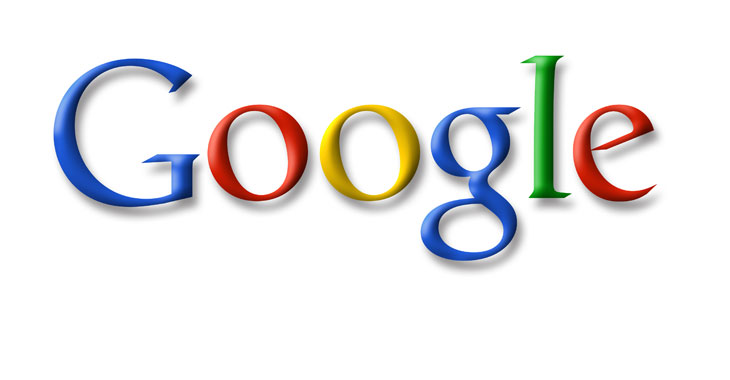
The ‘Buy’ Button in the iTunes Store
When you don’t own what you buy.
Internet giant to refund parents for charges their children ran up playing mobile apps.
What thou chargest without parent’s knowledge thou has to repay. Or so says the FTC which took its third action this year against a major Internet player that was billing parents for in-app charges. In a settlement announced today, the FTC alleged Google Inc. was billing consumers for millions of dollars their kids rang up on mobile apps without their consent.
Under the terms of the agreement Google will pay at least $19 million in full refunds and modify its billing practices so that it obtains specific consent from account holders for a charge for items sold on mobile apps. If a consumer gives consent for future in-app charges, the company must supply account holders with methods for which they can revoke or modify the scope of the consent.
Earlier this summer, the FTC filed a complaint in federal court against Amazon, Inc. seeking similar refunds and billing changes. That case is still pending. In January, Apple Inc. agreed to pay out at least $32.5 million in refunds and obtain account holder consent for charges before they are billed.
“As more Americans embrace mobile technology, it’s vital to remind companies that time-tested consumer protections still apply, including that consumers should not be charged for purchases they did not authorize,” said FTC Chairwoman Edith Ramirez.
The FTC said thousands of consumers complained to Google about the in-app charges, which can range from 99 cents to $200. Children accumulate the charges by buying virtual items that help them advance in the game. Some of these are virtual money purchases but others are real charges. Google’s response to the complaints, said the FTC, was to refer consumers seeking refunds to the app developer, even though its own employees referred to the in-app charges as “friendly fraud” and “family fraud.”
While Google began presenting pop-up boxes in 2012 asking for an account holder’s password before billing a charge, the pop-ups did not contain information about the charges and that by entering the password a three-minute window was opened in which the player of the app racked up unlimited charges.
Under the settlement, Google has to inform all consumers who incurred in-app charges about the refunds.
FTC tips on what to know about children’s apps can be found here.
When you don’t own what you buy.
Why the FTC should consider virtual influencers as it reviews its Endorsement Guides.
Wedding-themed Instagram posts preceding couple’s nuptials weren’t just about their affection for each other.


